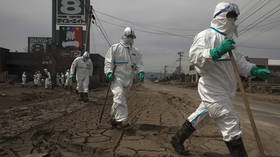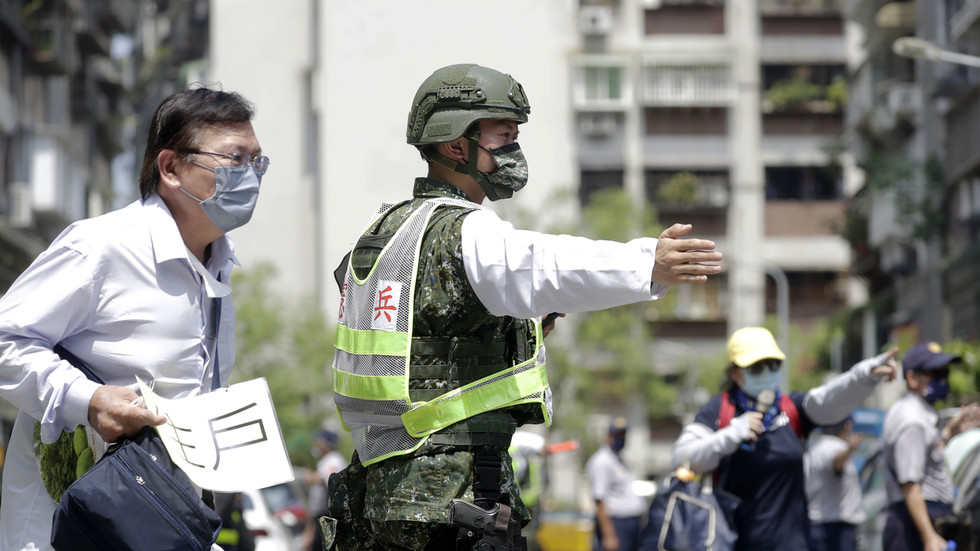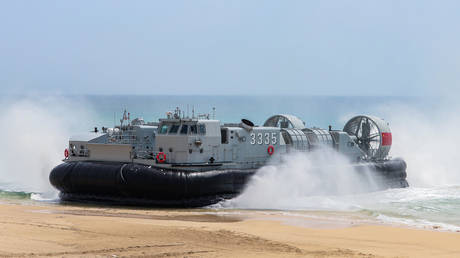[ad_1]
Japan’s nuclear regulator has given its closing approval to a controversial plan to launch over 1.3 million tons of water saved on the crippled Fukushima nuclear energy plant, triggering a harsh response from its neighbor China over unpredictable penalties for the surroundings.
“The disposal of nuclear-contaminated water in Fukushima might have an effect on the worldwide marine surroundings and the general public well being of Pacific-rim international locations. It’s certainly not a non-public matter for Japan,” International Ministry Spokesperson Wang Wenbin stated in response to the Friday choice.
“If Japan insists on placing its personal pursuits above the general public curiosity of the worldwide neighborhood and insists on taking the damaging step, it’ll absolutely pay the value for its irresponsible habits and depart a stain in historical past,” he added.
The Fukushima Daiichi plant cooling programs have been knocked out when it suffered three meltdowns within the wake of a 9.0-magnitude earthquake and a subsequent devastating tsunami in 2011. On the time, massive portions of contaminated water flowed into the Pacific, prompting mass evacuations from areas alongside Japan’s east coast.
The water, used to chill reactors within the aftermath, has been saved in tons of of tanks on the plant ever since. Although it was filtered and handed a sophisticated remedy course of, which eliminated a lot of the radioactive contamination, it nonetheless incorporates some radioactive isotopes, largely tritium.

The disposal plan, formally accepted by Japan’s Nuclear Regulation Authority on Friday, will see this wastewater launched about one kilometer off the Fukushima prefecture coast by way of an underwater tunnel. Tokyo hopes to launch the method by subsequent spring, and the discharge might take a long time as tritium-contaminated water must be launched slowly and diluted to ranges according to Japanese laws.
Japanese authorities informed the operator of the plant, Tokyo Electrical Energy Firm Holdings Inc. (TEPCO), on Friday it ought to “attempt to cut back the quantity of water contaminated with radioactive supplies and streamline work towards the discharge.”
The discharge plan, deemed by Japan as the one viable possibility, has lengthy stoked controversy in Japan and past. Fishermen within the Fukushima Prefecture have been protesting over fears the water might be dangerous to residents and wildlife. Activists in South Korea and elsewhere within the area have additionally opposed the plan, along with the Chinese language authorities repeatedly voicing considerations about air pollution.
You possibly can share this story on social media:
[ad_2]
Source link












